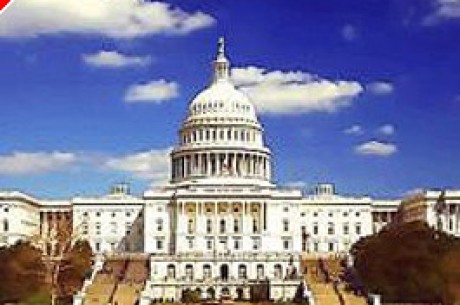West Virginia Poker Faces Conservative Opposition

A bill that would allow table games, including poker, passed through the West Virginia legislature and was signed by Governor Joe Manchin on March 21, 2007. But a conservative family values organization is trying to insure that no one says 'shuffle up and deal' when all is said and done. On May 4, 2007, the West Virginia Family Foundation filed a lawsuit seeking a ruling by the state Supreme Court of Appeals that the new law is unconstitutional.
The law authorizes West Virginia residents in four counties to vote on referendums that would ultimately allow existing local racetracks to offer casino table games. Each of the counties has scheduled June 9, 2007 for their referendum. Many, if not all, of the local special election costs have been funded by the companies that own the racetracks. Under the new law, the table games would be technically owned and operated by the state Lottery Commission. The West Virginia Family Foundation intends to argue that the law falls outside the vision of the 1984 Constitutional amendment that created the state lottery.
The West Virginia Family Foundation lists "The limitation and/or elimination of gambling in all forms in the State of West Virginia" as one of its key issues. Other issues on the foundation's agenda include seeking a constitutional amendment to define marriage as only between "one man and one woman," limiting pornography, tax credits for private education, and opposing the inclusion of sexual orientation into hate crime legislation.
Prior to this year's passage of the West Virginia Lottery Racetrack Table Games Act, a number of similar bills failed to gain legislative approval. The stalemate relative to expanding gaming in West Virginia mirrored the debates in and across the country. All the classic gambling pros and cons were in play; tax revenue, addiction, incremental job growth, the exploitation of economically challenged citizens, productive vs. non-productive economic activity, societal costs, special interest lobbying money, and the implied moral responsibility of public service. Many people cite that the gambling debate logjam in West Virginia was broken, in part, by the recent opening of slot casinos in neighboring Pennsylvania.








